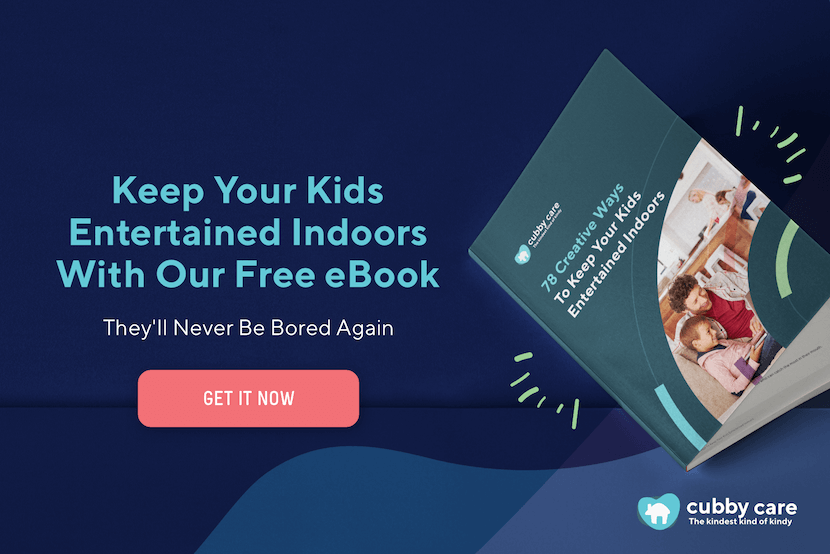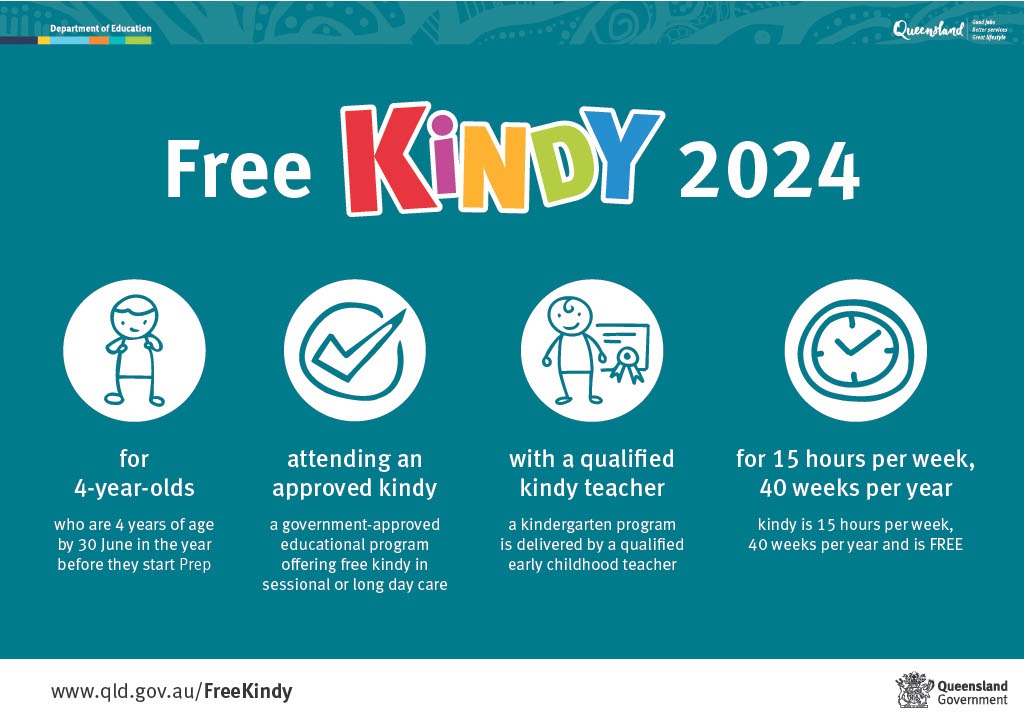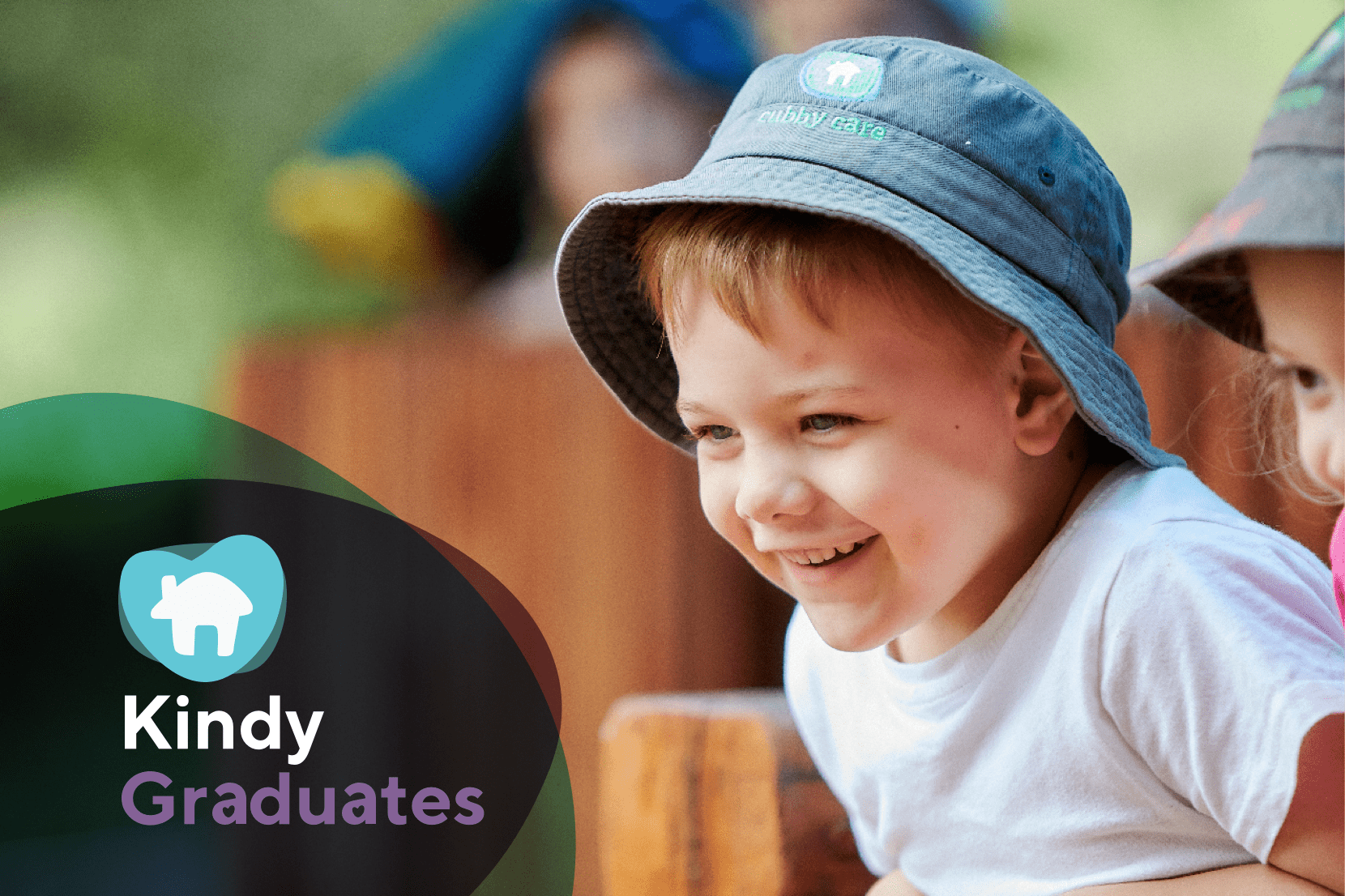

In the education system, creative programs such as art and music are often underfunded and taken for granted.
What many people do not realise, however, is that programs such as music education have a major positive impact on your child’s growth and development. Not only will these programs benefit your children now but they will also better prepare them for their future endeavours.
Here are some reasons why music education is great for your child:
#1 Better Reading Skills
Through the study of neuroscience, it has been found that there is a clear relationship between music and language acquisition because they share an overlapping network in the brain. In simple terms, learning music in the early years of schooling can help children learn to read.
Understanding speech is essential in learning to read and to learn how to speak, your child must first be able to differentiate speech from all other sounds. Learning music helps your child to learn how to distinguish sounds and therefore, further enables them on their speech and reading journey.
Throughout schooling, children who pick up musical instruments tend to excel in academics. These students perform especially well in areas of vocabulary, reading, and non-verbal reasoning and attention skills.
#2 Memory Skills
Learning music requires a high level of memorization. Developing skills such as sight-reading music, playing notes and recalling lyrics benefits the memory component of the brain.
Additionally, sounds are easily stored in our memory. How often do you find yourself with a song stuck in your head? It’s a known fact that music can help you to remember things. For example, you can play meditative music during study time to help them learn or even create a song to help your child memorise facts.
#3 Improve Problem Solving Skills
Music education offers children an increased ability to process situations and develop solutions. Understanding music means being able to better visualise visual elements that should go together.
Learning music allows your child the increased ability to process situations and find solutions. It has been found that people with musical skills have higher levels of grey matter volume in their brains. Grey matter is directly related to auditory processing, comprehension and forming relationships. Through the practice of music, children learn to listen to others, sense emotion, and react with greater depth and understanding.
As discussed above, early music education helps children to improve reading, memory and problem-solving skills, as well as form healthy relationships.
At Cubby Care we partner with Learning Programs that offer enhanced learning opportunities in a play-based environment, introducing children to new languages and extending on their interaction with music and physical activity including yoga, health & fitness, music and language.
Book a visit to one of our centres today so your child can take advantage of the enhanced learning opportunities that music education offers.











